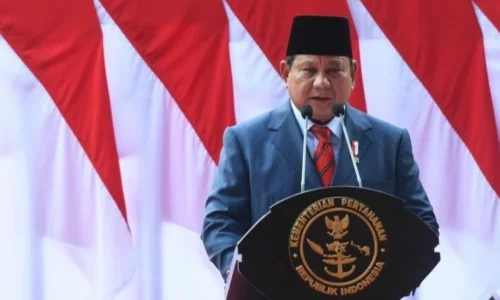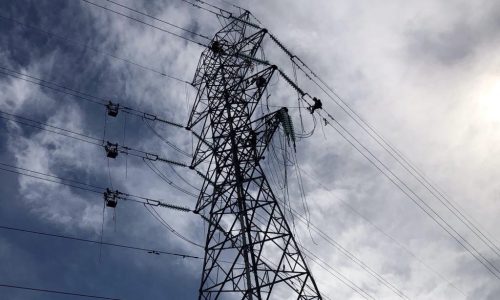As an archipelagic state, Indonesia possesses immense tidal energy potential. However, its utilization remains at zero due to undeveloped technology.
Fabby Tumiwa, the Executive Director of the Institute for Essential Service Reform (IESR), the global utilization of marine energy, including tidal waves, undersea current, and thermal energy, is still minimal, with a capacity of approximately 500 MW.
The UK is one of the country’s leading in utilizing tidal energy. To harness marine energy in Indonesia, the first step is to assess the country’s potential accurately.
Fabby suggests that, for Indonesia, the most promising source is marine current energy. Tidal energy, on the other hand, requires a minimum tidal range difference of 5 meters in coastal areas to generate sufficient power using existing technologies.
He recommends that the government conduct more measurements and potential mapping while initiating pilot projects, especially for technology testing and performance evaluation. It may take at least another five years for this technology to mature and become commercially viable in Indonesia.
Dadan Kusdiana, the Director General of New and Renewable Energy and Energy Conservation (EBTKE) at the Ministry of Energy and Mineral Resources (ESDM), has stated that Indonesia’s diverse potential in renewable energy includes marine energy. However, its development is hindered by technological constraints.
Indonesia’s untapped tidal energy potential
Professor of oceanography at the University of Maryland, USA, Dwi Susanto, believes that Indonesia is highly suitable for implementing tidal power plants due to its strong ocean currents. Tidal energy is sourced from tides and ocean currents.
“We are exceptionally well-suited because we have the Indonesian Throughflow and, secondly, we have tides. Especially in our narrow straits, the currents can be very strong, making it ideal for power generation,” Dwi said.
Dwi points out that tidal energy is already being utilized in Eastern Europe, North America, the UK, and South Korea. He hopes that Indonesia will soon implement this clean and environmentally friendly energy source, as it produces no greenhouse gas emissions or hazardous waste.
“Tidal energy from the sea is also very consistent and can be accurately predicted, making it a reliable source of energy,” he added.
Although the installation of tidal energy in Indonesia has been discussed, there has been no implementation to date. Indonesia has a significant opportunity to adopt tidal energy, according to Dwi.
He believes that the implementation of tidal energy can significantly help Indonesia achieve its Net Zero Emission (NZE) target by 2060 or even sooner.
Tidal energy can supply a large amount of electricity, gradually reducing the need for fossil fuel-based power plants.
“Indonesia’s ocean currents are much stronger and more robust than Korea’s, which requires the construction of dams for harnessing energy. In Indonesia, the currents are already there, waiting to be tapped,” he stated.
Utilizing tidal energy can benefits fishermen
Dwi emphasizes that the implementation of tidal energy can also benefit remote coastal communities that previously lacked access to electricity. For instance, fishermen who were unable to use refrigeration for their catch due to the absence of electricity can now do so.
Moreover, the government’s prompt adoption of tidal energy could create new employment opportunities and ensure that Indonesia keeps pace with other countries that have already embraced this technology. Indonesia’s significant potential in tidal energy makes its implementation a promising prospect.









